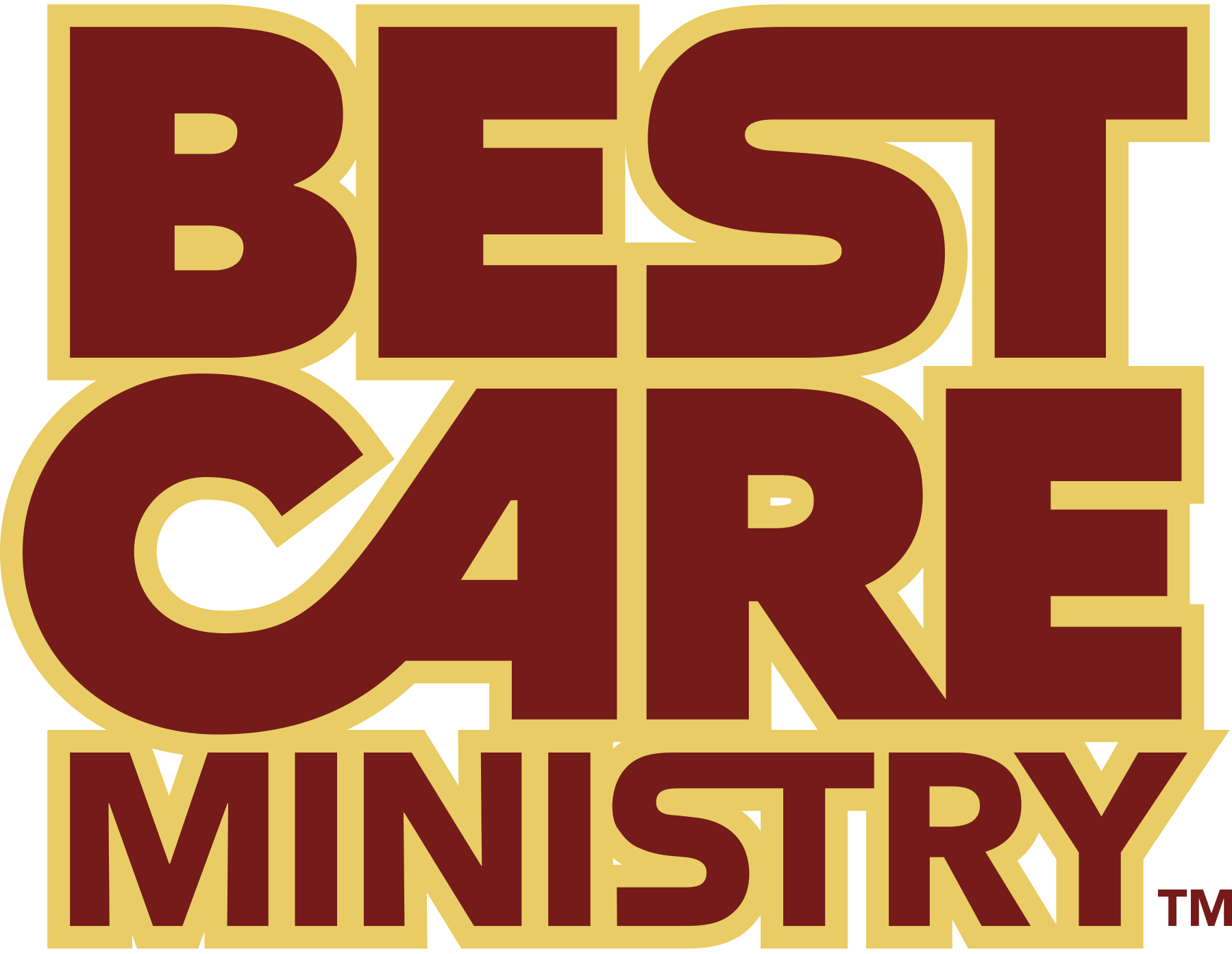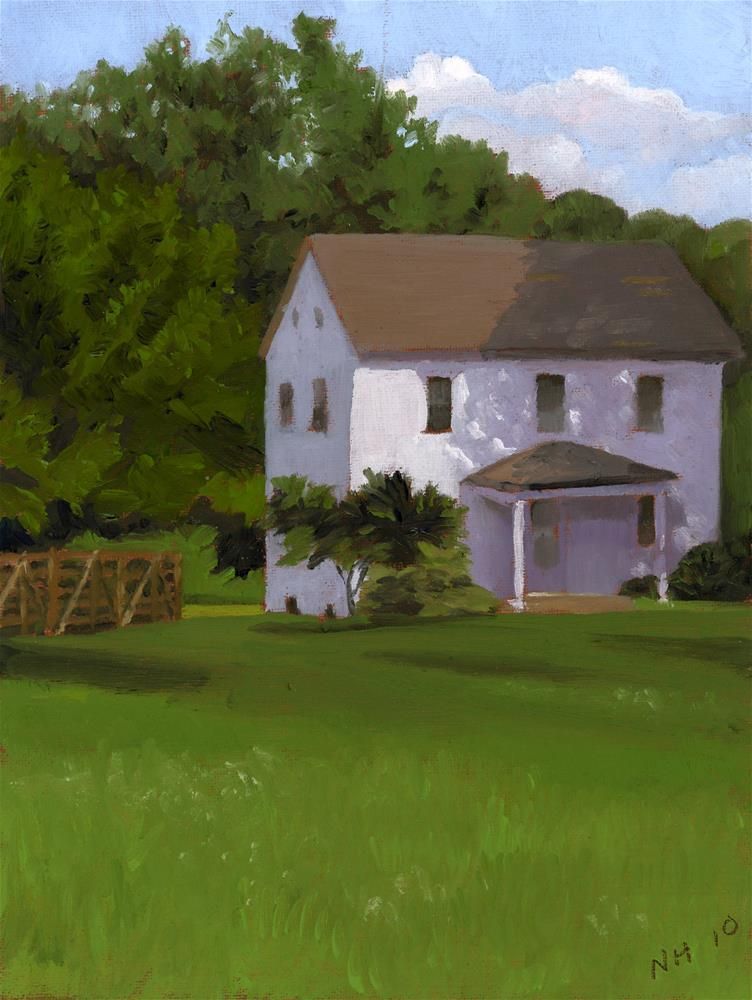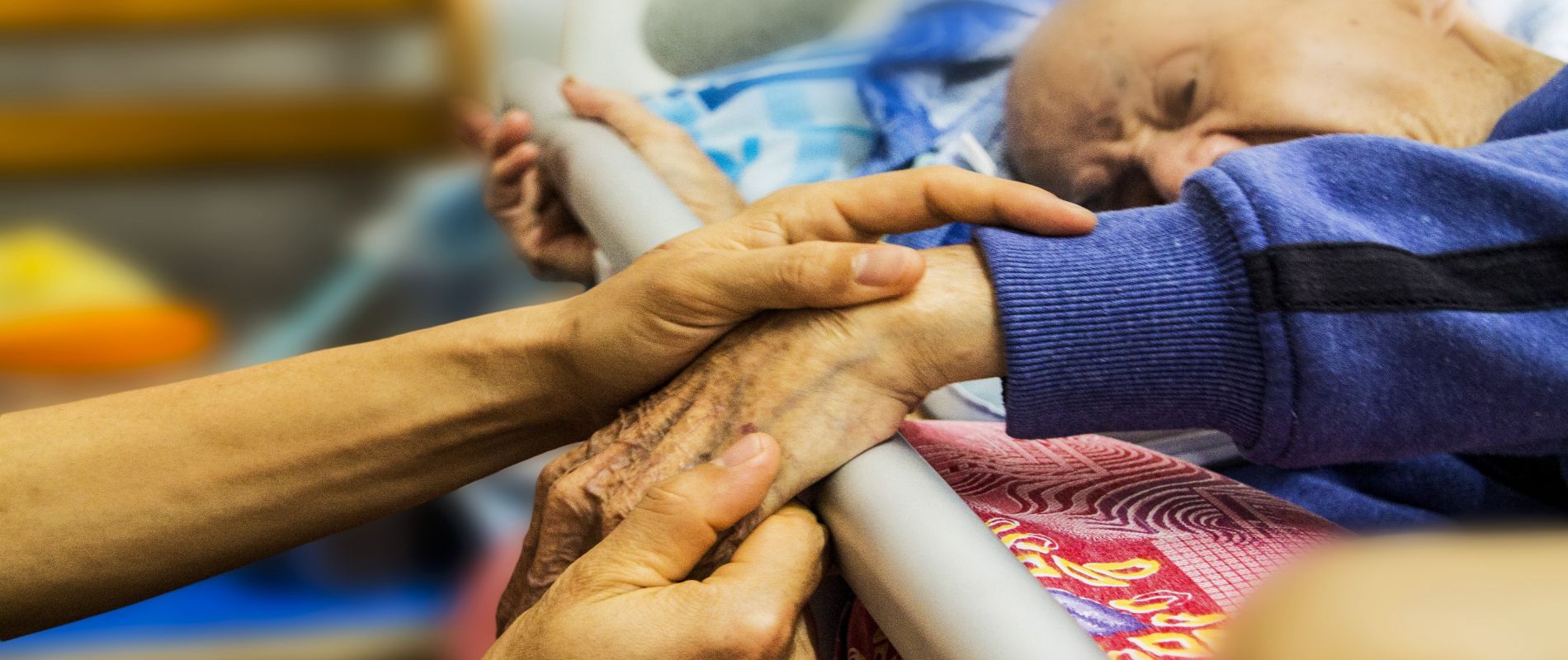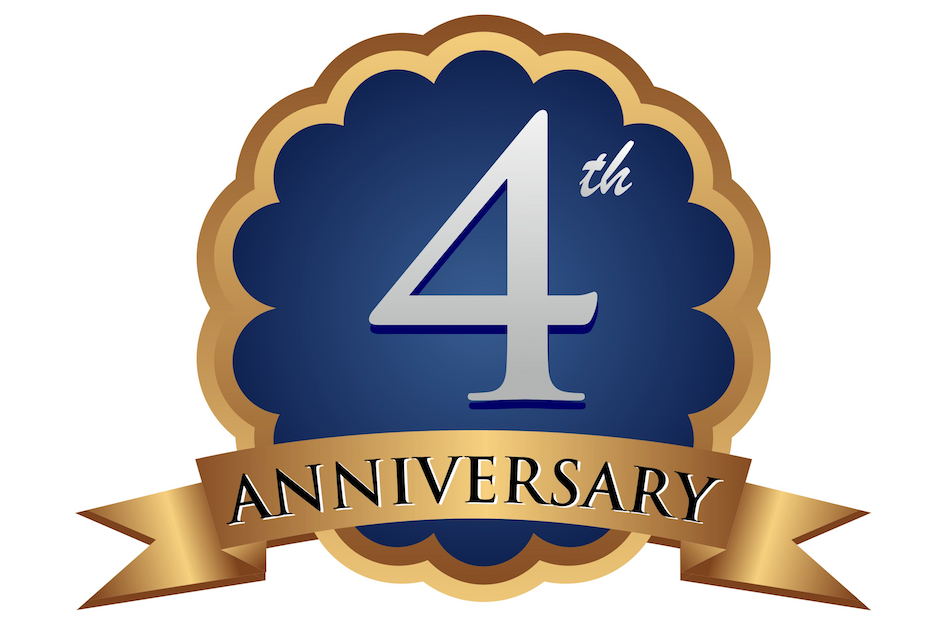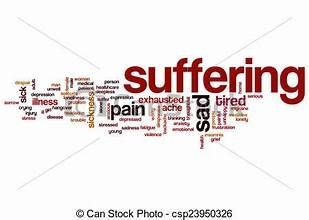People usually welcome guidance at this time.
Here are the main points.
When you master these, you can point the way
so that those you care for will make the best decisions.
When a woman in my church told me she may only have a few days to live, my adrenaline surged because of the importance and drama of the situation.
My mind raced to recall the lessons I had been taught through books, CPE and end-of-life situations as a hospice chaplain. The family was looking to me for answers. The husband said,
"Please visit. I have some hard questions to discuss."
The following are the lessons I recalled, and they worked.
THERE IS OPPORTUNITY AT THE END OF LIFE.
With the knowledge that the end is near, one can do any unfinished spiritual work and prepare to meet their maker. She was ready to be with Jesus. But there was also time to express love, give blessing, say "Good-bye", make final wishes and visit with friends.
CHOSING COMFORT CARE IS NOT GIVING UP.
Stopping curative treatments and accepting comfort care is NOT giving up. It is NOT euthanasia. Prayers can continue as we exclusively trust God with the outcome. Chemo can be very difficult and make a patient feel worse. It threatens the quality of life in days that we never get back. Clinical trials might work but they might make matters worse. They require very careful and informed consideration. Quitting these treatments is NOT giving up. It is recognizing the end is near, receiving the best care for that time and living the last chapter of life to the fullest.
Patients, families and the medical staff can each feel guilty with the desire to quit the medical efforts that are not working. It is a decision we, as Care Pastors, cannot make for them, nor should we urge them to make it.
But, often, we can remind them of the opportunities that come with comfort care and facilitate those sacred experiences. We can tell them about moving from a hospital setting to home or a quieter hospice surroundings. We can pray for the miracle that everyone hopes for. They have given their best. We look for God's answer, presence and help.
THERE IS HELP AND THERE ARE RESOURCES FOR SUCH A TIME AS THIS.
Experienced and skilled teams of hospice workers are ready and can move immediately to assess and admit into home-care hospice or inpatient hospice care. If additional support is needed at home, Home Care agencies are ready to support the hospice workers to offer presence and help that exceeds the family's abilities. Churches and friends can bring meals, companionship and spiritual and relational encouragement.
THE WORK IS NOT OVER WHEN THE END COMES.
Selecting the correct mortuary will make a lasting impact. Most families don't know where to begin. They look to those who care for advice for who can take care of them the best. Price, location and services are all important factors. The way the mortuary responds, shows dignity and relates to the family is essential. I never tell a family what to do, but I do have a list with my top three. Most of the time when I list my top three recommendations my families they select the one that is close to home, compassionate without up-selling and when they can speak to a director.
THERE IS THE REST OF LIFE FOR THOSE WHO REMAIN.
Most in our culture try to return to their normal life, not knowing what to do with their emotions weighed down with grief. That makes our role all the more important. Providing grief resources, like the Stephen Ministry grief booklet series for the first year, remembering anniversaries, making sure someone, perhaps a Stephen Minister or a Grief Share group is available for the grieving loved one and offering memorial services like Blue Christmas are important resources for the next steps of life.
Being prepared with these resources gives us the opportunity reassure the dying person that those who remain will be cared for. And those who face the fear of being alone will know that someone will be there to care for them going forward.
The best person to connect all these dots is the caring pastor. Being present is the first part. Having the correct knowledge makes being there most helpful and gives you confidence when someone says to you, "I may only have a few days more to live."
This knowledge was not what I wanted nor sought when I entered the ministry. But once I learned these lessons, I realized they are required for the most difficult times, are applicable in many more situations and are valuable beyond measure.
Your care matters and I hope this post helps you offer the best care in the worst of circumstances!
